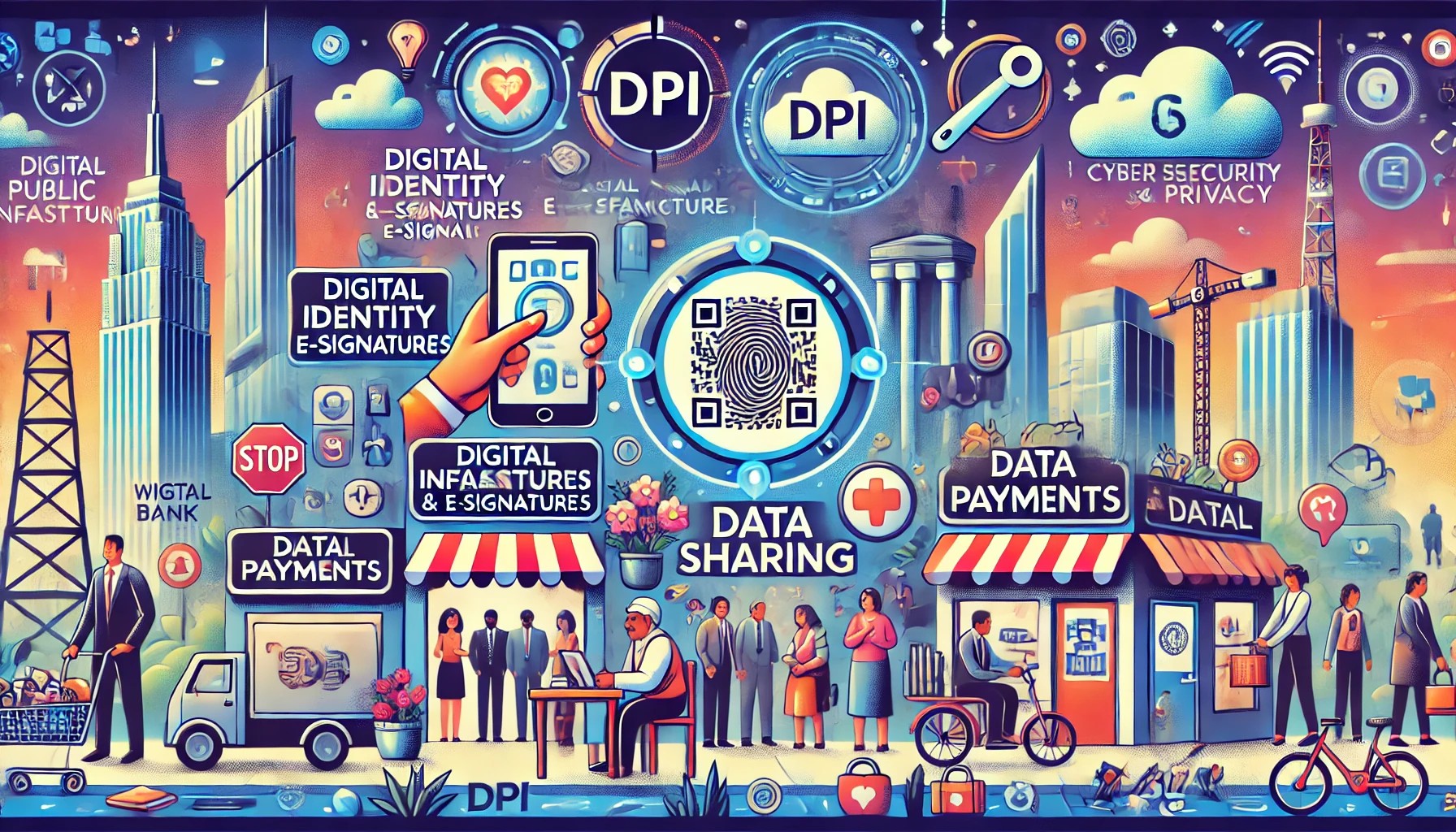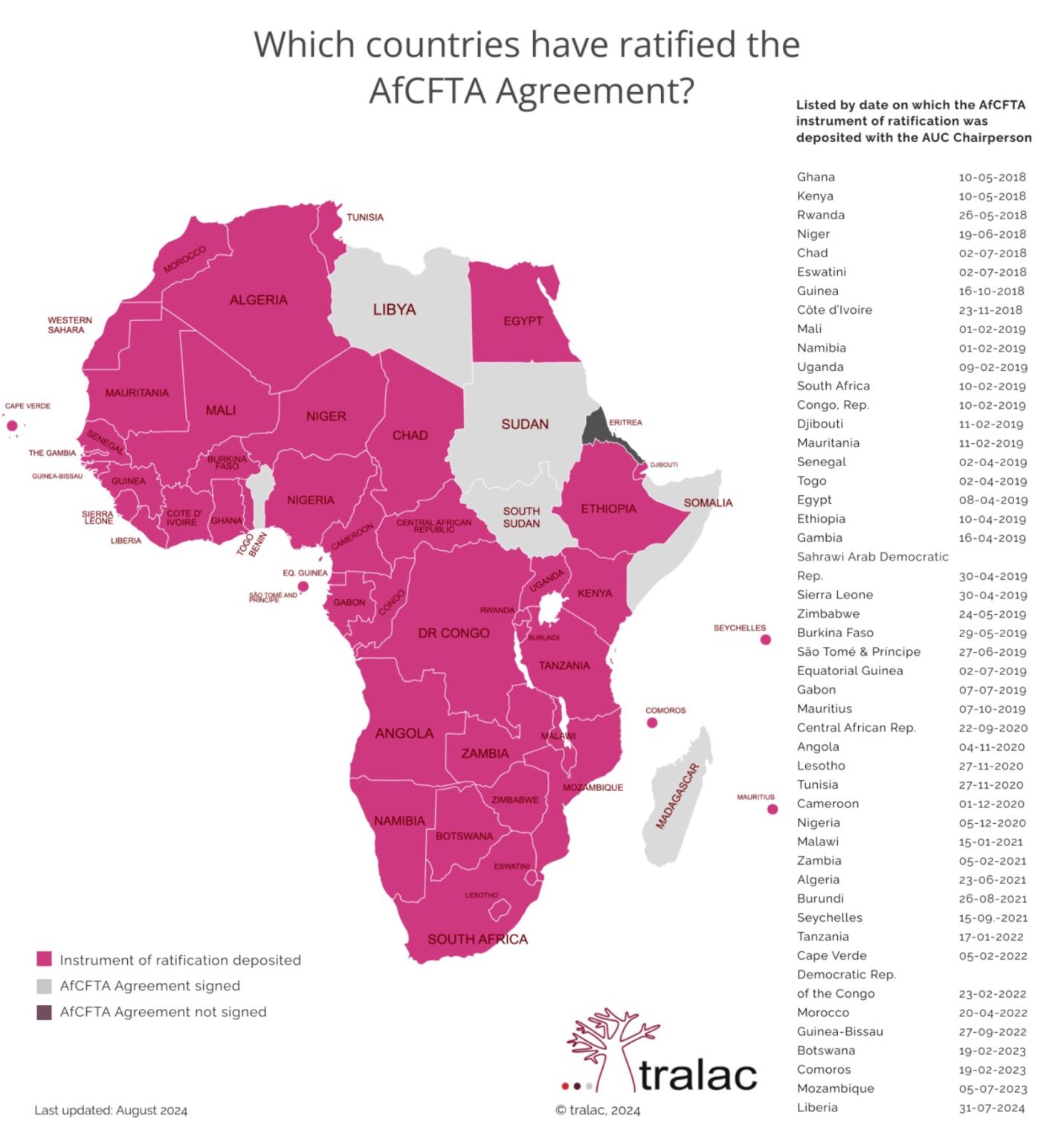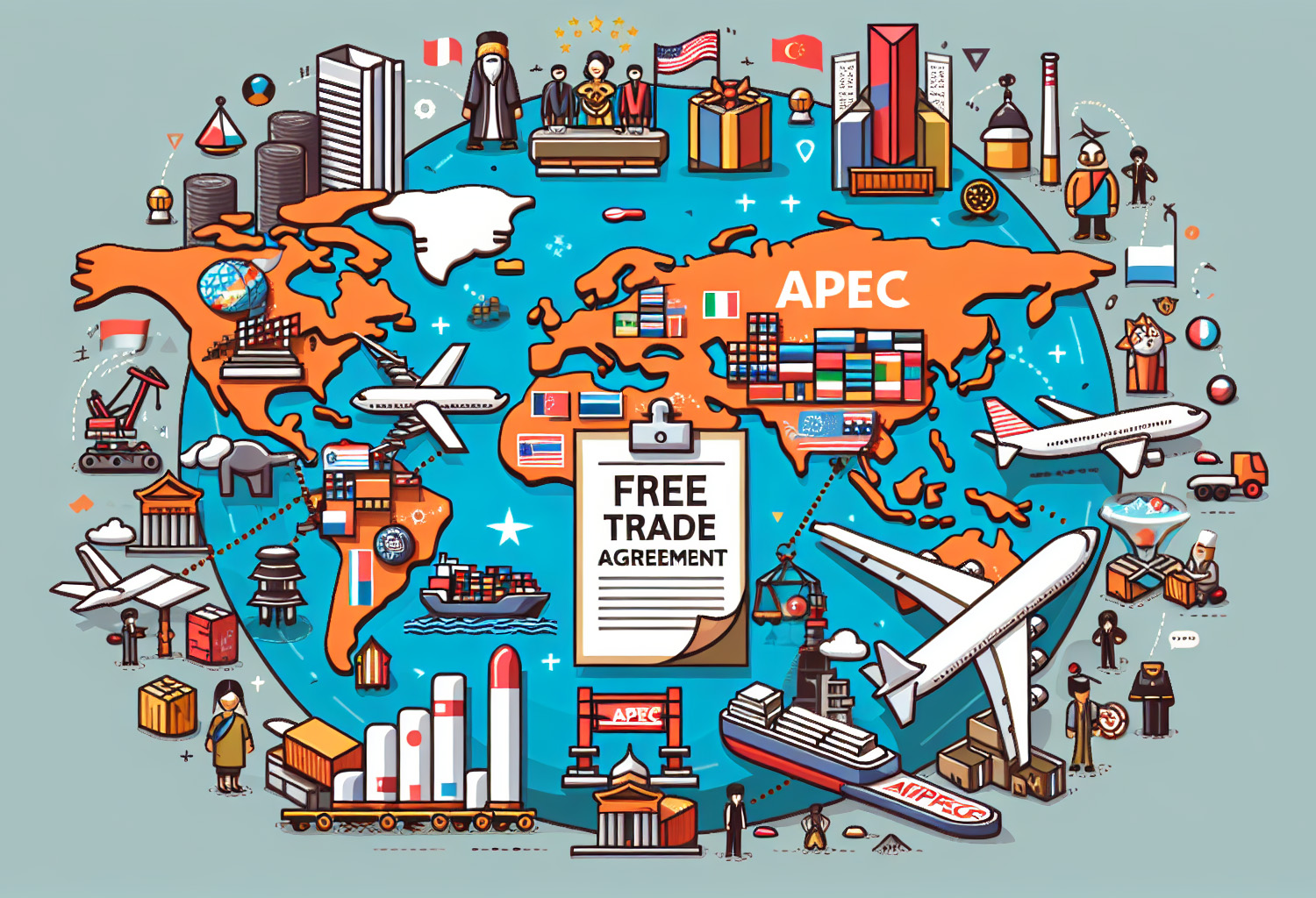Legislation
-
Navigating the Legal Landscape of Distributed Ledger Technology in Trade: A UNCITRAL Perspective

The United Nations Commission on International Trade Law (UNCITRAL) has prepared a draft guidance document addressing the legal issues surrounding the use of distributed ledger technology (DLT) in international trade. This document, developed through several sessions of UNCITRAL, aims to provide commercial operators with a comprehensive overview of the legal considerations when implementing DLT in Read more
-
Advancing the African Continental Free Trade Area: Strategic Actions for Sustainable Development

The African Continental Free Trade Area (AfCFTA) represents one of the most ambitious initiatives for economic integration on the continent. As outlined in the Economic Report on Africa 2025 (ERA 2025), this agreement has the potential to reshape Africa’s trade landscape, fostering intra-African commerce, boosting industrialization, and enhancing global competitiveness. However, to realize its full Read more
-
Analysis of “Digital Public Infrastructure and Development: A World Bank Group Approach”

This World Bank report, published in March 2025, serves as a strategic framework for developing Digital Public Infrastructure (DPI) as a foundational element of digital transformation. It emphasizes DPI as a set of shared digital systems—such as digital identity, payments, and data-sharing—that governments and private sector players can use to create scalable, efficient, and inclusive Read more
-
Analysis of the Asian Economic Integration Report 2025: Harnessing the Benefits of Regional Cooperation and Integration

The Asian Economic Integration Report 2025 (AEIR 2025), published by the Asian Development Bank (ADB), marks the 10th anniversary of this flagship publication. The report provides a comprehensive analysis of the deepening regional integration in Asia and the Pacific over the past two decades, focusing on trade, global value chains (GVCs), investment, finance, and the Read more
-
Navigating the Intersection of International Trade Law and Global Data Governance: Challenges and Strategies

In an era where data has become the backbone of economic growth and innovation, the intersection of international trade law and global data governance presents both opportunities and challenges. The growing digital economy relies heavily on cross-border data flows, yet regulatory frameworks vary significantly across jurisdictions. As countries implement data protection, cybersecurity, and competition laws, Read more
-
Australia’s ambition to become a leading digital economy by 2030 requires comprehensive modernization of its trade and finance systems. The shift to a digital economy will involve leveraging emerging technologies, aligning with global standards, and implementing key legal frameworks. This article explores how Australia can achieve this vision, emphasizing legal reforms, technological innovations, and the Read more
-
Historic Milestone in Africa’s Digital Trade: AfCFTA Finalizes Legal Framework

On 16 February 2025, the African Union (AU) marked a historic milestone in the continent’s digital economy. Exactly one year after adopting the Protocol on Digital Trade, the Assembly of the Heads of State and Government of the AU formally adopted eight (8) Annexes to the Protocol, completing the comprehensive legal architecture of the African Read more
-
A Path to Paperless Trade: Analysing the Legal Gaps and Economic Benefit of Adopting or Maintaining a Legal Framework that Takes into Account the MLETR

APEC has an opportunity to realise the significant benefits arising from paperless trade in the region. APEC wide adoption of the UNCITRAL Model Law on Electronic Transferable Records (MLETR), or equivalent arrangements, can help to achieve this. The benefits of moving along this path to paperless trade are significant – estimated to be as high Read more
-
Study on Convergences and Divergences of Free Trade Agreements in the APEC Region

This report has been prepared pursuant to the project “Study on Convergences and Divergences of Free Trade Agreements in the APEC region”, which consists of conducting a study to compare the content of the following Regional Trade Agreements/Free Trade Agreements (RTA/FTAs): The objective of the study is to discuss areas of convergence and divergence across Read more
-
The 2024 APEC Economic Leaders’ Meeting concluded in Lima, Peru, with the issuance of the Machu Picchu Declaration, underscoring the commitment of the 21 member economies to foster inclusive and sustainable economic growth in the Asia-Pacific region. Key Highlights of the Declaration: The Machu Picchu Declaration reflects APEC’s ongoing efforts to address regional challenges and Read more


